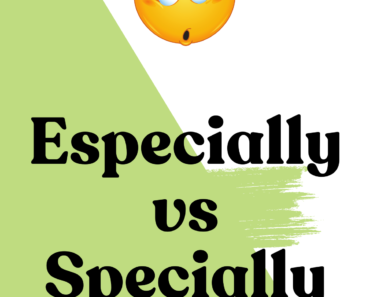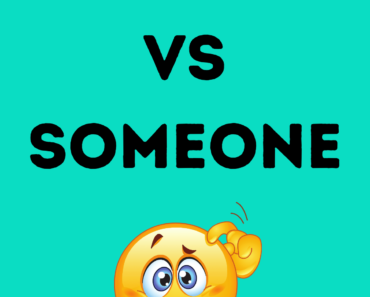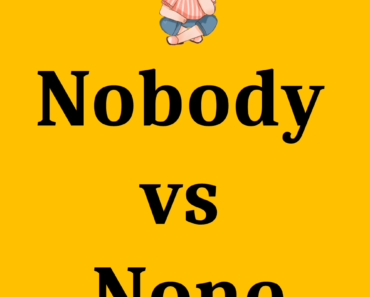The phrases “me” and “myself” are often used in everyday speech, but they have specific grammatical roles and uses. Understanding the difference between “me” and “myself” can improve both your written and spoken English. Let’s explore these differences in detail.
Me vs Myself
Me
Usage: “Me” is a pronoun used to refer to the speaker or writer. It is an object pronoun, which means it is used as the recipient of an action or the object of a preposition.
Examples:
- She gave me the book.
- He was talking to me.
Myself
Usage: “Myself” is a reflexive pronoun. It is used when the subject and the object of the sentence are the same person. “Myself” can also be used for emphasis.
Examples:
- I did it myself. (reflexive)
- I myself am unsure. (emphatic)
When to Use “Me” vs. “Myself”
Reflexive Use
Correct: Use “myself” when you are both the subject and the object of the verb.
I taught myself to play the guitar.
Incorrect: It is not grammatically correct to use “myself” if you are not the subject of the sentence.
My brother and myself went shopping. (Should be “My brother and I went shopping.”)
Emphatic Use
Purpose: “Myself” is used to emphasize the fact that you personally did something.
I made these cookies myself.
Common Misuses
- Some people use “myself” instead of “me” or “I” to sound more formal, which is often incorrect.
- Please join my wife and myself for dinner. (Should be “Please join my wife and me for dinner.”)
Key Points to Remember
- “Me” is an object pronoun used as the recipient of an action or after a preposition.
- “Myself” is a reflexive pronoun used when the speaker is doing something to or for themselves. It can also be used for emphasis.
- Using “myself” in place of “me” or “I” for formality or out of uncertainty is a common error.
Conclusion
Understanding the correct usage of “me” and “myself” is essential for clear and grammatically correct communication. Remember, “me” is for when someone else is acting upon you, and “myself” is for actions you do to yourself or to emphasize your own actions. By mastering these pronouns, you can enhance both your verbal and written communication skills.







